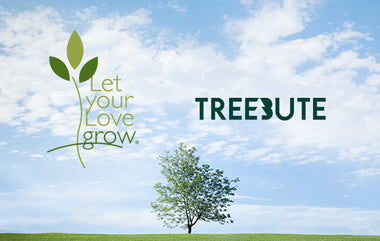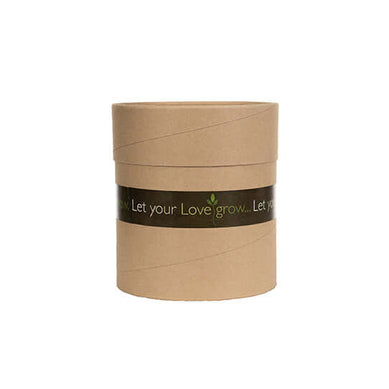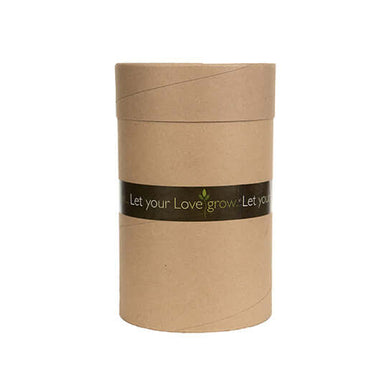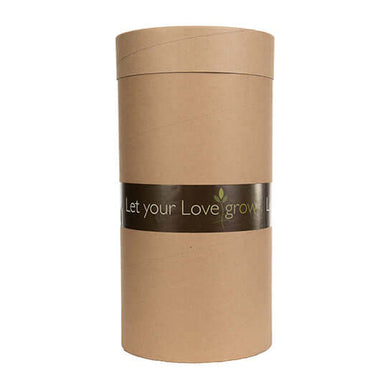What to Do After Losing an Older Loved One: Managing Memories and Possessions
It can be hard to lose someone you love. It can be more challenging when it’s an older loved one you might have looked up to and considered a significant influence on your life. That’s why going through and potentially getting rid of their possession can seem impossible. However, it’s something that may need to be done.
When you take on this endeavor, you’ll want to find a delicate balance between keeping items of theirs that you cherish and realizing that you may not be able to keep every single item. Doing that while managing your grief can be hard, but we have some tips to help you get through this tough time.
Keep Possessions While Avoiding Clutter
If you’ve recently lost an older loved one and you feel like you can’t get rid of any of their stuff or you may lose their memory, know you are not alone. For many, there’s a certain comfort of clutter.
You might think that surrounding yourself with the belongings of your loved one will help you to feel better, and while it may help for a while, too much clutter can pose problems. Over time, many people get anxious when they’re surrounded by clutter because they feel like they can never clean it up. Also, an abundance of clutter can overload your memory because there’s too much going on.
The good news is there are various ways to keep treasured pictures and possessions without worrying about hoarding or keeping too much. One of them is to digitize their special documents and photos. You can scan the files and images in bulk and access them at any time, from wherever you have an internet connection. In addition to having many of these memories at the touch of a button, you’ll also avoid clutter and free up a lot of space.
Speaking of your family, another way to keep your loved one’s possessions around but avoid clutter in your own home is to ask others if there are specific items that they would like to keep. If so, put them to the side. This is a good way to see treasured belongings when you visit other people to keep the memory alive.
Returning To The Home After Losing A Loved One
Know that entering your loved one’s empty house for the first time may be very emotional. You’ll want to prepare yourself for some intense feelings. It’s okay to cry and feel overwhelmed. After all, you’re stepping into the life and home of someone you adore.
Finding a place to start sorting the possessions can be tough, so consider going by priority. That may include going through a pile of bills or statements so you can ensure that all of their financial commitments are satisfied. Another strategy is to take your time going room by room. Having pre-set categories for what you find is also a good idea. So you might make a pile for items you want to save for yourself or others, items you want to donate, and non-sentimental possessions that can be thrown away.
If you're unsure what to do with a particular item, put it to the side. Think about if you really have space for it. If you can’t think of where it would go in your home, consider offering it to someone else.
Another way to keep the possessions without letting them go is to get a storage locker. The items will stay safe, and you can always return to the locker when you feel the need.
Coping With The Loss
Going through your older loved one’s possessions will be tough, so it’s good to find ways to cope with the loss during the process. Talk to your family and friends and reminisce about good memories to lift your spirits. You can also form healthy habits to get through the tough patch, such as improving your sleep by building a strict schedule or pursuing your passions to keep your mind off of things for a bit.
The loss may be even more profound if your family member lived with you. Everything you look at can remind you of them, even the mobility and aging-in-place adaptations they used to get around. If so, an option is to remove those home upgrades. You can remove grab bars and handrails from showers and bathrooms by unbolting them from the studs. Then, fill in the resulting hole and paint over it for a smooth appearance. You may have also installed vinyl or laminate flooring to limit slips and falls. If you want to update, you can hire a professional to remove the old flooring, or you may be able to add tile or carpeting on top of it.
It’s also important to know when to ask for help. If you’re not sleeping, you’re lashing out at people, or your eating habits are less healthy than in the past, then you may not be properly handling your grief. When talking to family doesn’t seem to help, speaking to a counselor may be the answer because they have the tools to understand your struggle and the advice to help.
Conclusion
Grieving a loved one is tough, but managing their memories and possessions can seem impossible. However, by taking it one step at a time and creating a system, you can make the process easier and get through to the other side.
Meet the Author
Charlie Fletcher is a freelance writer from the lovely “City of Trees”- Boise, Idaho. Her love of writing pairs with her passion for social activism and search for the truth. When not writing she is a part time wedding planner and spending time with her nephews. And yes, she does love all kinds of potatoes!










